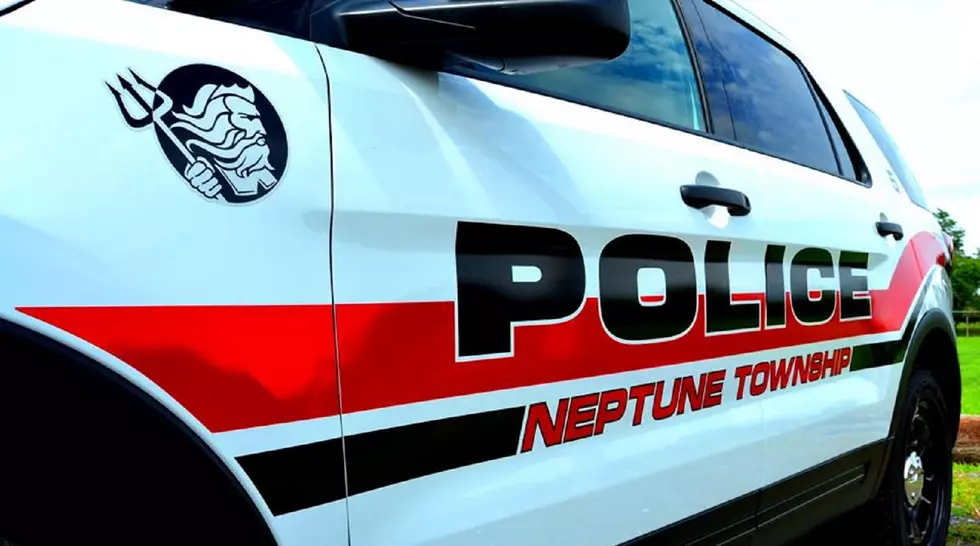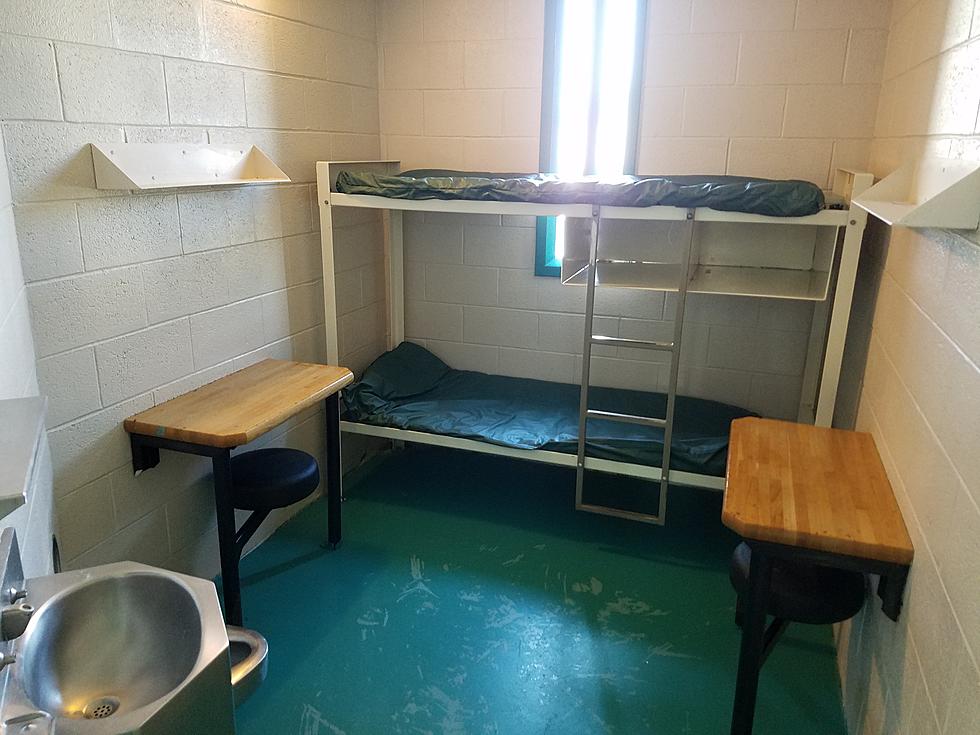
‘Aid in Dying’ law for NJ’s terminally ill takes effect this week
New Jersey this week becomes the eighth state, and just the second in the eastern United States, to allow people with terminal illnesses to receive life-ending prescriptions from their doctors.
The Medical Aid in Dying for the Terminally Ill Act takes effect Thursday, Aug. 1. Beginning then, adults who reside in New Jersey and have a prognosis of six months or less to live are able to ask their doctors for a prescription for drugs they can take to end their lives.
“There’s some caveats to that,” said clinical psychologist Elissa Kozlov, a faculty member at Rutgers University’s School of Public Health. “They have to be medically able to administer the medicine themselves. They have to have two witnesses attest that they’re capable and that their decision to die is voluntary. And at least one of the witnesses must be disinterested. So that means they have to be perceived of not having any benefit from the individual’s death.”
The "disinterested" witness cannot be a relative of the patient; cannot be entitled to any portion of the patient’s estate; and cannot be an owner, operator or employee of a health care facility, other than a long-term care facility, where the patient is receiving medical treatment or is a resident.
A second, consulting physician must verify that a patient is eligible. A patient must make two oral requests for the prescription at least 15 days apart, as well as one written request, and the doctor must refer the patient to experts in pain, palliative and hospice care and, in some instances, a mental health professional.
“Something that I appreciate about this law is that physicians are required to refer patients to experts in pain management and other symptom management before they can go through with making the prescription,” Kozlov said. “I think that’s a really important safeguard. The concern is: Will these experts be available to people in New Jersey, because we don’t have a ton of end-of-life care available.”
In a November 2018 report, the Governor’s Advisory Council on End-of-Life Care discussed the limited access in New Jersey to hospice and palliative care. Citing the Dartmouth Atlas of Health Care, it said New Jersey patients at the end of life receive more aggressive care, often with a corresponding medical benefit, than in any other state.
In other states, Kozlov said, some patients rescinded their requests for the life-ending drugs after learning of better ways to manage their pain. Additionally, one-third of the prescriptions have gone unused in Oregon, which was the first to enact an aid-in-dying law.
California, Colorado, Hawaii, Montana, Oregon, Vermont and Washington have aid-in-dying laws, as well as Washington, D.C. It has also been approved in Maine, where it will begin later this year.
Kozlov said the medical community has a neutral stance on such laws but that not every doctor chooses to participate. It’s isn’t yet known how it will be received by New Jersey doctors, who have received a two-page summary of the law from the State Board of Medical Examiners. The Medical Society of New Jersey is opposed.
“We don’t know yet how it’s going to roll out in New Jersey,” Kozlov said. “We don’t know what kind of access to doctors who are willing to prescribe. We don’t know who’s available. We don’t know who’s been trained to do this yet.”
New Jersey may be inadvertently opening up a social justice inequity, as well: The law might only be available to people with thousands of dollars of disposable income.
“Because this is a state law and not a national law, Medicare and V.A. benefits cannot be used to pay for the medication, which often costs between $4,000 and $5,000,” Kozlov said. “So not every family will have four to five thousand dollars available to them to spend on the medication.”
There is also currently a shortage of Seconal, a drug that is frequently prescribed under Medical Aid in Dying laws.
More From WOBM News:
More From Beach Radio










